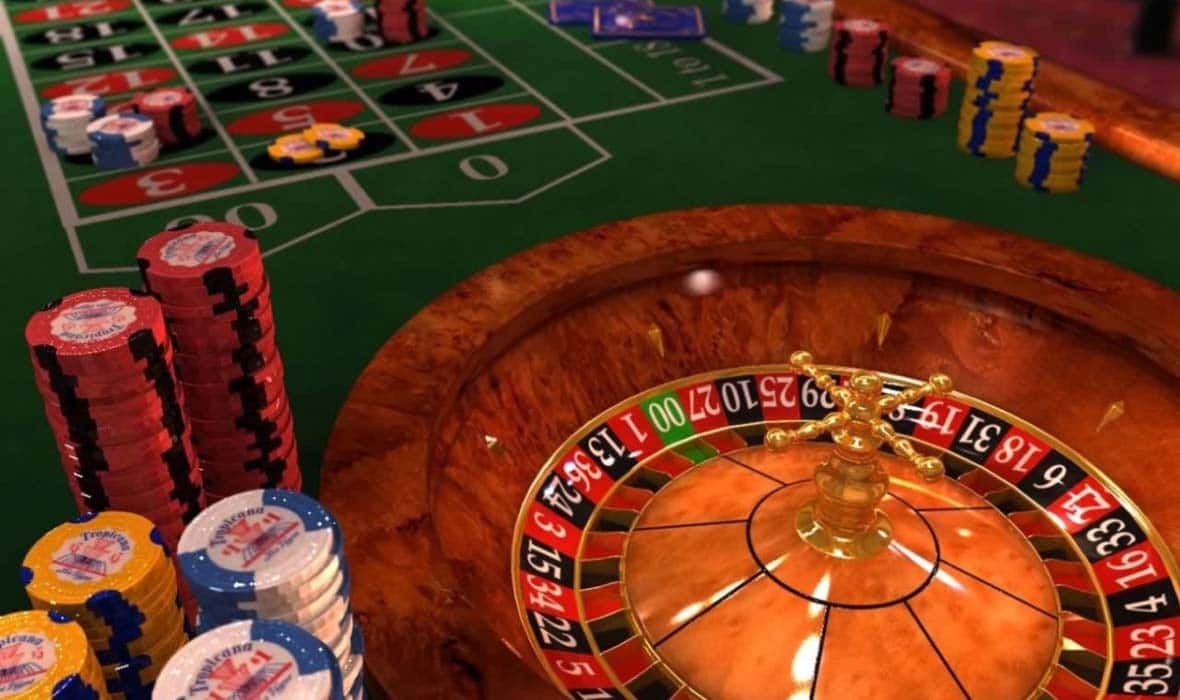
Casino games have long captured the imagination of people around the world, becoming an essential part of both fun and society. From the glimmering lights of Las Vegas to the immersive experience of internet gambling, these experiences evoke thrill, danger, and sometimes even a sense of nostalgia. They are more than simply hobbies; they have woven themselves into the texture of human experience, influencing various aspects from movies and songs to style and books.
The allure of casino games goes beyond the betting aspect, tapping into wider themes of fortune, possibility, and psychology. As players assemble around a card table or spin the roulette, they engage in an ancient ritual that connects with our shared desire for thrill and uncertainty. This obsession has led to the rise of countless references in cinema, songs, and electronic games, showcasing how strongly entrenched these activities are in popular culture. Whether it is the pressure of a legendary caper or the vibrant nightlife portrayed in recordings, casino games have carved out a substantial niche that reflects our connection with risk.
Historical Impact of Casino Activities
Gambling games have played a crucial role in cultural contexts throughout the ages. Originating from ancient societies, forms of chance were often connected to ceremonies or events. For example, early iterations of these activities can be traced back to ancient China and the Roman Empire, where die games and wagering on outcomes were common pastimes. These games not only served as entertainment but also as methods of social interaction, facilitating connections among people within societies.
As cultures evolved, so did the sophistication and organization of gambling games. The creation of formal casinos in the 17th century, particularly in the Italian region, marked a notable shift in how games were perceived and structured. With specific spaces for gaming, the casino became a social hub where patrons from different backgrounds convened. This change contributed to the validation of the industry, transforming it from a mere pastime into an organized industry that influenced the economy and regulations.
The impact of casino activities on popular culture cannot be understated. As they were popularized in literature and film, games such as poker and blackjack became symbols of chance, luck, and strategy. Famous figures and narratives have emerged around these games, reflecting societal attitudes towards luck, prosperity, and vice. This fascination with casino games has infiltrated various forms of entertainment, solidifying their place in the public imagination and connecting them to wider cultural narratives throughout history.
Depiction of Casino Games in Entertainment
Gambling games have long been a popular topic in different types of entertainment, reflecting both the excitement and complexities of the world of gambling. Movies such as Ocean’s Eleven and Casino Royale portray individuals who navigate dangerous scenarios, showcasing not only the appeal of the gambling environment but also the strategies and choices that come with playing popular games like poker and 21. These movies often dramatize the excitement of winning and the potential results of losing, encapsulating the dangers involved in gambling.
Television shows have also explored the world of gambling activities, often integrating them into the narrative as a context for story progression and drama. Series like Las Vegas depict the lives of casino workers and patrons, highlighting the vibrant, often disorderly energy of the casino floor. Reality shows featuring intense gambling competitions further emphasize the fascination of gambling activities, drawing viewers into the tension and strategy involved in each round. Through these depictions, media not only entertains but also prompts conversations about fortune, expertise, and the character of chance.
Digital games have increasingly included casino games into their structure, allowing players to experience the thrill of gambling without monetary loss. Titles within the domain of online gaming often include virtual slots, poker, and other casino favorites, creating an immersive gameplay that mirrors real-life gameplay. These digital representations make gambling activities accessible to a broad demographic, appealing to both gamblers and those who enjoy the excitement of simulation. As a result, the portrayal of gambling activities in entertainment continues to shape cultural attitudes and cultural relevance, highlighting their place in society and culture. 69VN
Effect of Gambling Activities on Communities
Gambling activities have a significant impact on communities, affecting multiple aspects of culture and social behavior. They often function as a platform for social interaction, where people come together to experience a shared activity. Game nights with friends or trips to casinos become social activities that build connections and create shared moments. This communal aspect enhances the fun value of gambling activities, making them a favored choice for celebrations and recreational pursuits.
Additionally, gambling activities have been portrayed in countless films, television shows, and written works, shaping views and opinions towards gambling and betting. Icons like James Bond playing baccarat or the high-stakes poker scenes in films have cemented these games in the shared imagination. This representation often idealizes the culture associated with gambling, drawing in new players and influencing trends in both fashion and behavior. Chính Sách Bảo Mật 69VN These representations can ignite curiosity and lead to a deeper investigation of the nuances of gaming.
However, there are also adverse implications associated with the popularity of casino games. The temptation of quick monetary gain can lead to gambling addiction and economic troubles for some people. Society must contend with these issues, advocating for responsible gambling and awareness of the dangers involved. Finding a balance between the entertainment value of casino games with the potential for harm is crucial to ensure that they remain a positive aspect of our cultural landscape.
